Farm Estates are on a mission to make Ghana’s salad industry more modern.
“When we started, we set out to solve Ghana’s tomato problem, but we quickly realised we needed to adapt. Tomatoes are a complex crop, and to establish ourselves in the market, we had to shift focus while keeping tomatoes in our long-term plans,” says Ernest Larmie, CEO of Farm Estates.
Farm Estates Ltd, co-founded by Ernest and Chief Horticulturalist Adelaide Naa Okpoti in 2020, began with the ambitious goal of addressing Ghana’s significant reliance on imported tomatoes. Ghana imports over $400 million worth of tomatoes annually, largely because local farmers face challenges in growing the crop sustainably. Tomatoes require excellent irrigation and, without it, farmers resort to excessive pesticides and fertilisers. This makes the tomatoes less fresh and gives them a short shelf life, which discourages market sellers from purchasing locally grown tomatoes.
“We thought we could use our backgrounds in engineering and technology to tackle this problem,” explains Ernest. The team’s idea was to combine their expertise—engineering, software, and horticulture—to create an efficient, technology-driven solution to improve the quality and sustainability of tomato farming in Ghana. However, after some initial trials, the team faced the reality of tomatoes’ long growing cycle, which can take up to three months before harvest.

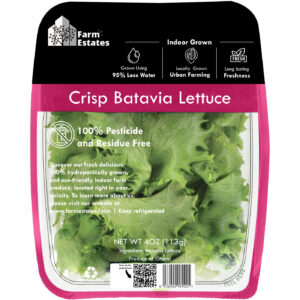
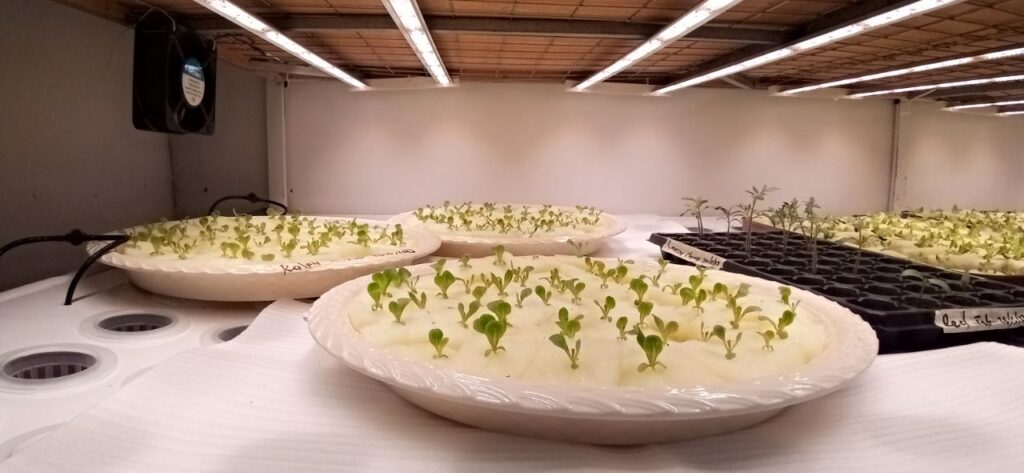
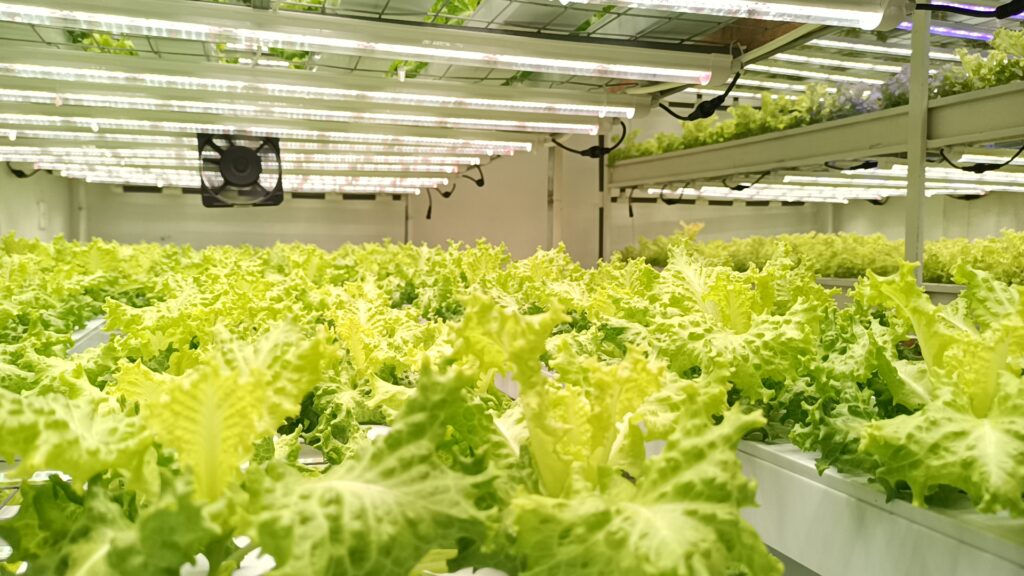
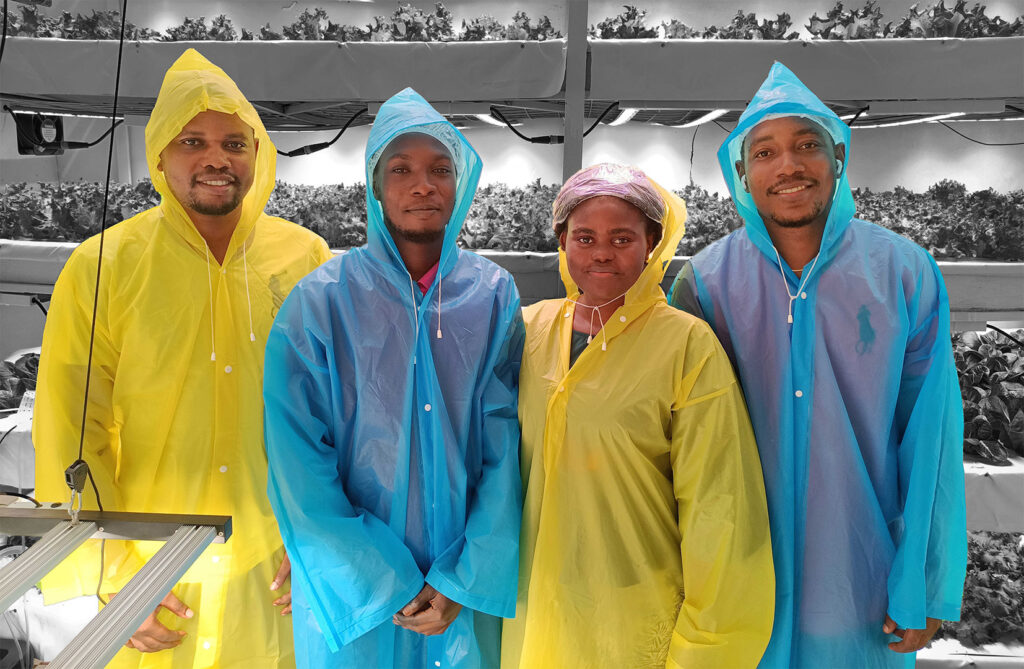
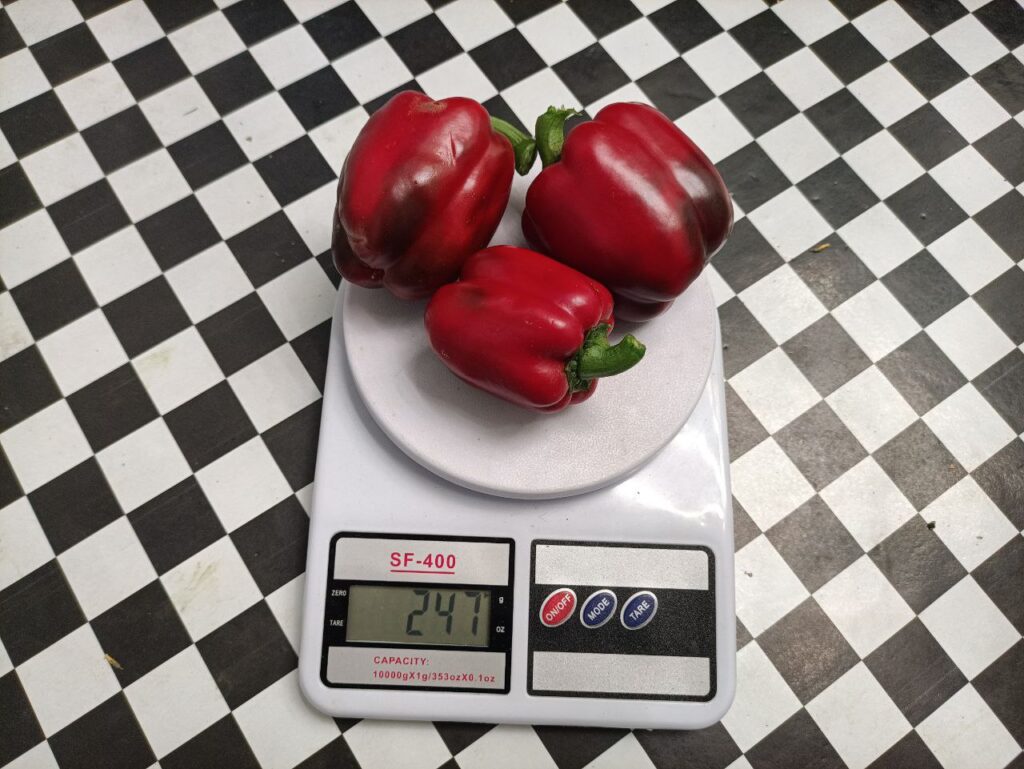
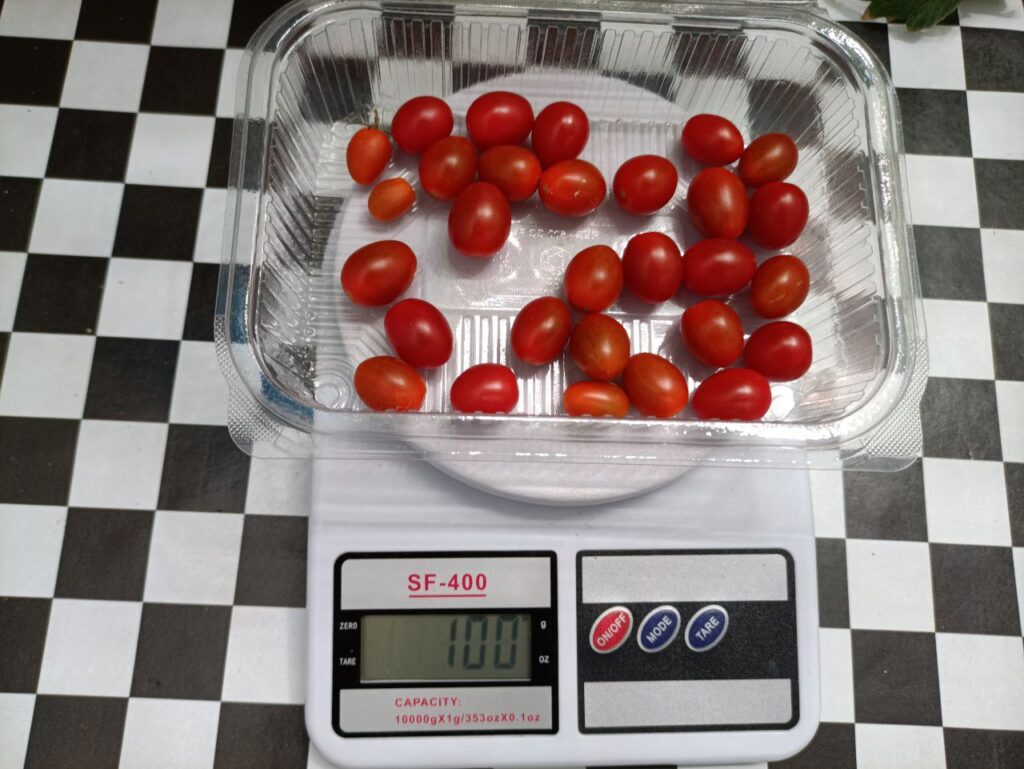
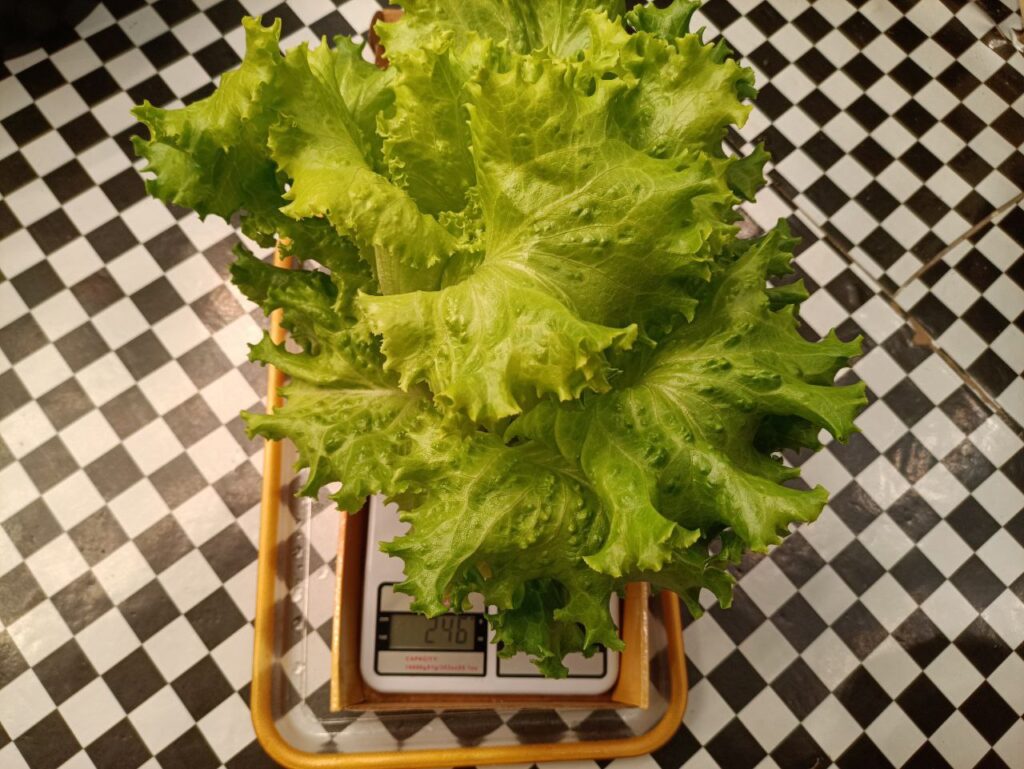
This led Farm Estates to adapt its strategy. They realised that, while tomatoes remained a core part of their mission, they needed a quicker way to generate revenue and establish their market presence. That’s when they decided to diversify their operations by focusing on leafy greens, particularly lettuce.
“Lettuces have a much shorter growing period compared to tomatoes,” says Adelaide. “We can harvest two batches of lettuce in the same time it would take to grow one batch of tomatoes. That allows us to enter the market faster and start building relationships with consumers while we continue our tomato research.”
The decision to focus on leafy greens also aligned with the company’s commitment to sustainability and innovation. Farm Estates uses Controlled Environment Agriculture (CEA), a method that leverages AI technology to monitor and optimise growing conditions. This enables them to produce crops with 95% less water than traditional farming and completely eliminates the need for pesticides. The result is high-quality, chemical-free produce grown in a sustainable way, and the controlled environment allows them to grow year-round, unaffected by external factors such as weather or pests.
“My daily work involves keeping a close eye on the plants to ensure everything is optimal,” Adelaide explains. “From monitoring pH levels to checking irrigation, we use technology to make sure the plants are always in the best possible conditions.”
While the focus on lettuce has allowed Farm Estates to enter the market more quickly, the company continues to face challenges—particularly with power supply. “Power outages are our biggest headache right now,” says Ernest. “We’ve invested in solar technology, but we haven’t yet been able to scale it enough to run the farm 24/7. Every time the power goes out, production halts, and we’ve lost plants because of it.”
Despite these setbacks, Farm Estates remains committed to expanding its solar capacity and improving its infrastructure to ensure consistent production. They also continue to work on their tomato project, aiming to apply the lessons learned from growing leafy greens to their long-term goal of producing high-quality, locally grown tomatoes.
“We haven’t abandoned the tomato problem,” Ernest emphasises. “We’re just taking a strategic approach. By focusing on leafy greens first, we’re able to generate revenue and build a reputation in the market, which will help us when we introduce our tomatoes.”
In addition to their innovative farming techniques, Farm Estates has also prioritised urban farming, growing their produce close to market centres to reduce transportation time and costs. This allows them to deliver fresher produce to consumers and minimise their environmental footprint.
Looking ahead, the company is exploring franchising opportunities and partnerships to expand their reach. “Our goal is to make this technology and farming approach more accessible, not just for us, but for others who want to adopt sustainable farming methods,” says Ernest.
As Farm Estates continues to navigate the challenges of running a high-tech farm in Ghana, they remain focused on their mission of creating a more sustainable and self-sufficient agricultural system. The combination of advanced technology, sustainable practices, and a flexible approach to market needs sets them apart as a leader in the future of Ghanaian farming.
“We’ve faced a lot of challenges, but we’re confident in our vision. We believe this approach can transform how food is grown and consumed in Ghana,” says Ernest.
By adapting their strategy and embracing innovation, Farm Estates is well on its way to making a lasting impact on Ghana’s agricultural landscape—starting with leafy greens today and moving toward a future where tomatoes, too, can be sustainably grown on Ghanaian soil.
